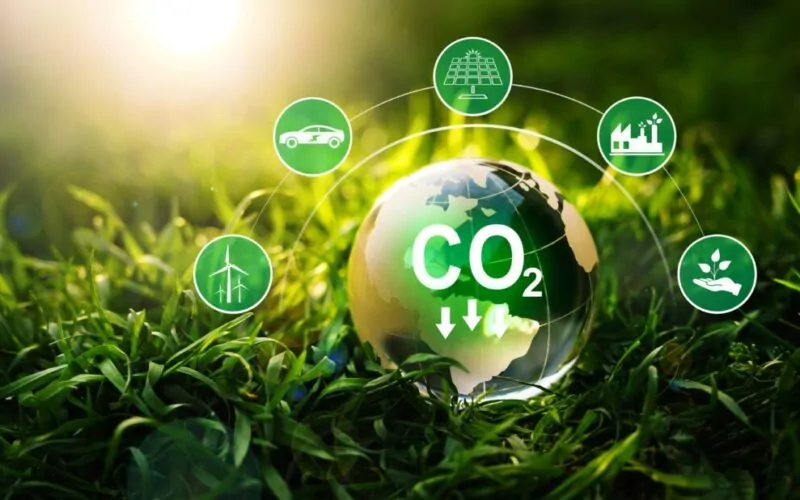Generation

South Africa urged to define the role of gas in its economy, future energy mix

“To project what our energy mix will look like in 2050 requires a crystal ball. As the Energy Council, we have said that we should focus on the next ten years. Once we get through this and, as part of the energy transition, we will be well positioned for 2050,” he said during the 'Gas: Unpacking the gas projects, policies and infrastructure needed to avoid the supply crunch' webinar hosted by Creamer Media on April 9.
Gas could serve as a flexible fuel for commercial, transportation and industrial uses, as well as power generation, but South Africa's gas supply was fast depleting, and the lack of infrastructure and confirmed replacement gas supply would likely lead to economic and industrial risks, industry organisation Industrial Gas Users Association of South Africa executive officer Jaco Human pointed out.
While the speakers participating in the webinar disagreed on the exact quantum of gas that South Africa would require going forward, owing to differences in expectations of energy generation, industrial demand and GDP growth, Mackay highlighted that even a balanced outlook on gas-to-power and the affordability of industrial gas demand would require the country to secure about 100 PJ/y of gas.
“This is enough to create a bankable project and there are good engineering solutions that can be deployed in [the ports of] Richard's Bay and Matola. Gas is flexible and can supply energy capacity, peaking and reserve power,” he noted.
However, energy demand is growing.
“It is also clear that, on the technical side, gas is being more widely used across the world,” said financial services firm Standard Bank gas sector lead Paul Eardley-Taylor.
China was reducing its consumption of diesel, partly owing to the use of electric vehicles, but the use of liquefied natural gas as a fuel for trucking was taking up a significant percentage of diesel demand, he illustrated.
“South Africa talks about industrialisation but has not yet enabled one of the primary energy fuels used in the world. If we are to talk seriously about industrialisation to enable the much-needed imperative to create jobs, then we need to think seriously about gas,” said commercial and industrial supplier SLGas group CEO Mzi Tyhokolo.
“We have been trading for 22 years by supplying gas for commercial and industrial uses and, therefore, there is still a strong future in gas as a primary commercial and industrial energy source, in addition to its so far untapped use for transport and trucking in the country,” he added.
How to ensure gas played a role in the country's economy was part of the conversation South Africa must have, he emphasised.
Additionally, if South Africa wanted gas to play a meaningful role in its economy, then it must start placing orders for gas turbines now because the lead times are about three to four years, highlighted South African National Energy Development Institute (Sanedi) energy secretariat head Professor Sampson Mamphweli.
“This means we have to fast-track our planning around gas infrastructure. Sanedi believes government needs to play a lead role in two main areas.
“The first is identifying the areas where we need to bolster to get gas to deal with our internal challenges [such as the gas supply cliff] and then, secondly, opening a space for the private sector to come in and play a meaningful role in gas supply and use,” he said.
Human, who facilitated the discussion, noted that the outlook for gas was substantial across the demand spectrum in terms of industrial and commercial uses, as well as for power generation.
“The reality is that gas will play a bigger role in the future. We do not see lesser demand for gas going forward. Demand for energy across the world is insatiable.
“However, we have been sitting without a substantive gas demand policy for 10 to 15 years now. We need to bridge the supply gap and secure supply to attract the investment needed for gas to play its role in the economy and the energy transition,” he said.












